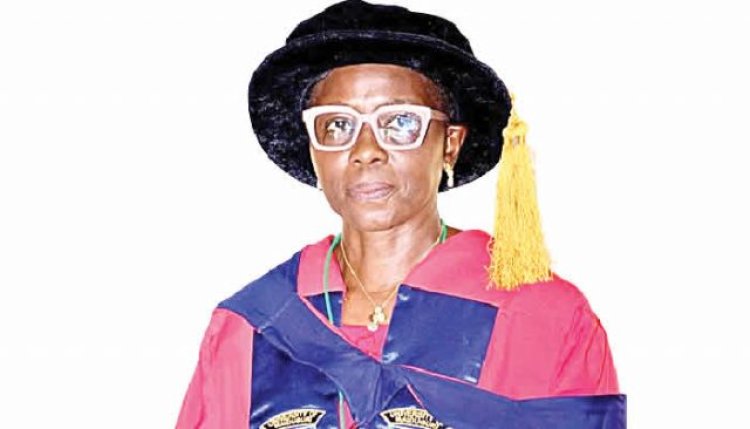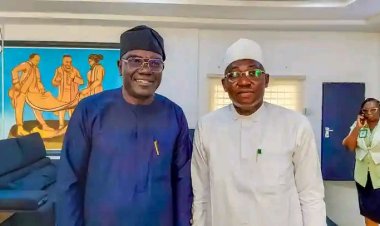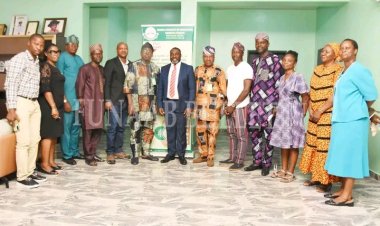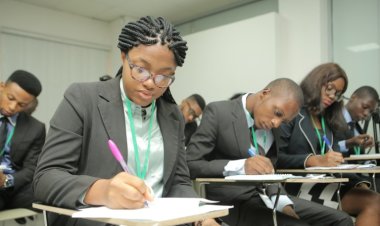Insecurity destroyed girl-child education in Northern Nigeria — Professor Zara Emmanuel Kwaghe
In a revealing interview, Professor Zara Emmanuel Kwaghe, a seasoned academic in the field of History and International Relations at the Federal University of Lafia, Nasarawa State, sheds light on the dire situation of girl-child education in Northern Nigeria.

In a revealing interview, Professor Zara Emmanuel Kwaghe, a seasoned academic in the field of History and International Relations at the Federal University of Lafia, Nasarawa State, sheds light on the dire situation of girl-child education in Northern Nigeria. With a career that spans over a decade, initially at Adamawa State University and currently at the Federal University of Lafia, Professor Kwaghe has witnessed firsthand the devastating impact of insecurity on education.
Professor Kwaghe’s journey has been marked by significant contributions to community service and research, particularly focusing on the growth and empowerment of young women. Despite facing numerous challenges, including the Boko Haram insurgency which forced her relocation, she has persevered in her mission to educate and mentor students from diverse backgrounds.
RECOMMENDED: Federal College of Education, Zaria, Announces New Key Appointments
The professor acknowledges the progress made in women’s and girls’ education since Nigeria’s independence, with notable improvements in the South. However, the North tells a different story, with girls’ education suffering due to historical, cultural, and regional disparities. The insurgency in the northwest and northeast has exacerbated the situation, leading to abductions from schools and a consequent reluctance among parents to educate their daughters.
While the government has policies in place to ensure education for all, the reality is starkly different in the North, where terrorism and insecurity continue to hinder educational opportunities for girls. Professor Kwaghe calls for more concerted efforts to address these security challenges and advocates for societal change to support girl-child education.
Addressing the claim that women hinder their own progress in politics, Professor Kwaghe points out the cultural and financial barriers that limit women’s participation. She emphasizes the need to challenge cultural norms and provide support for women aspiring to political office.





